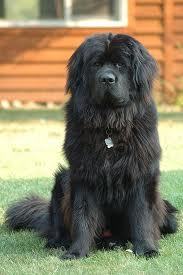I know a lot of people swear by the great pyrenees, but are there other breeds out there recommended for guarding chickens? The thing is, the great pyrenees are quite hard to find around here, so we were wondering what other kinds are suggested.
We will be moving soon, and want to expand our flock while free ranging in a more rural place. We need a dog that will protect us from loss.
Thanks for your suggestions!
We will be moving soon, and want to expand our flock while free ranging in a more rural place. We need a dog that will protect us from loss.
Thanks for your suggestions!





 That may be tough, but I understand the importance. We didn't plan for the dog to go indoors at any time. It will be sleeping in the barn with the chickens. This is all in the future talk. We are looking for a nice property with 5+ acres to expand and want it to be in a rural setting. I know that will mean more predators, so I just want to be prepared. I will fence it for sure. My two dogs now are runners
That may be tough, but I understand the importance. We didn't plan for the dog to go indoors at any time. It will be sleeping in the barn with the chickens. This is all in the future talk. We are looking for a nice property with 5+ acres to expand and want it to be in a rural setting. I know that will mean more predators, so I just want to be prepared. I will fence it for sure. My two dogs now are runners  More like wanderers.. They always come back, but annoy the heck out of anyone they come across. They are very territorial. They protect the chickens, but I'm sure they would not stand a chance against any predator of size.
More like wanderers.. They always come back, but annoy the heck out of anyone they come across. They are very territorial. They protect the chickens, but I'm sure they would not stand a chance against any predator of size. 

